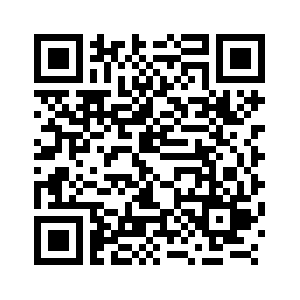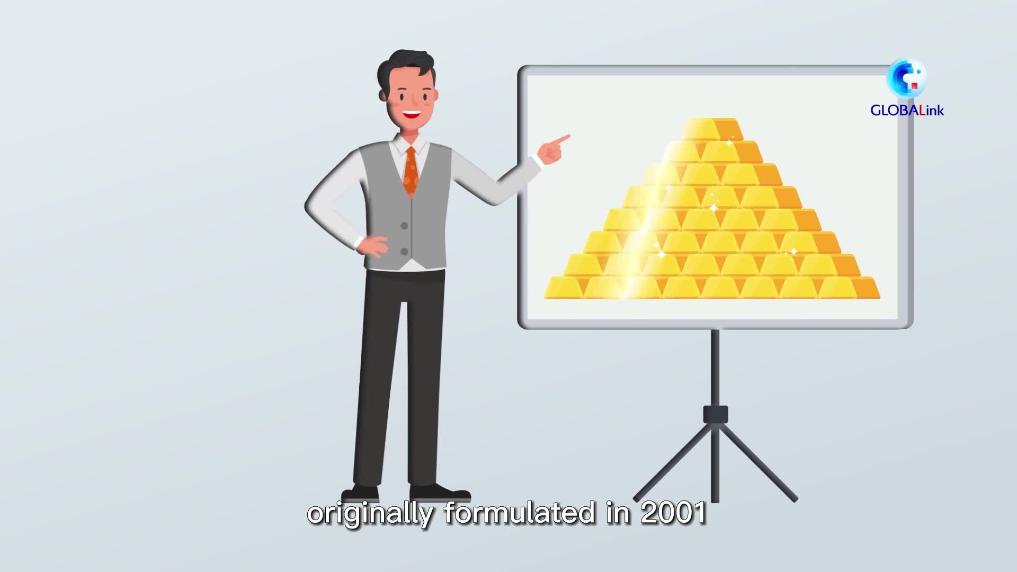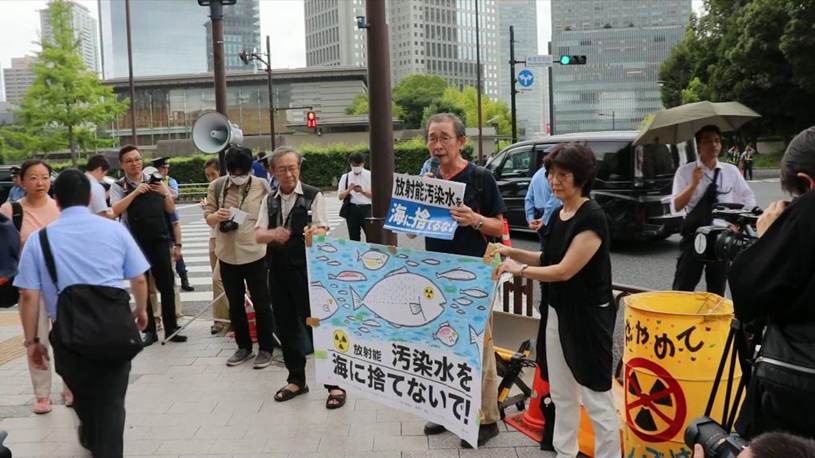
File photo of Steven Kivelson as posted on the website of Stanford University. (Credit: Stanford University)
"We believe that the multiple benefits of robust scientific exchange vastly outweigh any security issues that accompany such openness," says the two professors.
SACRAMENTO, the United States, Aug. 23 (Xinhua) -- Two physics professors at Stanford University have called on the U.S. government to renew an agreement with China on scientific and technology cooperation.
"The United States should renew the Protocol ... because it is in the best interests of the United States," said Steven Kivelson and Peter Michelson in an open letter to U.S. President Joe Biden, dated Aug. 21.
The protocol they referred to is the U.S.-China Science and Technology Cooperation Agreement, which was signed between the two countries in 1979 and has been renewed every five years thereafter. It will expire on Sunday.
Some Republican members in Congress oppose the renewal over so-called "national security" concerns, which has sparked protests from the scientific community.
"We can attest that cutting off ties with China would directly and negatively impact our own research, the work of our immediate colleagues, and/or the educational mission of our universities," they said.

File photo of Peter Michelson as posted on the website of Stanford University. (Credit: Stanford University)
Kivelson and Michelson are calling on scientists and scholars in the United States to sign their letter by Thursday and promote the campaign among their colleagues.
"The benefits to the United States and to the world of robust and open research collaboration and exchanges of information and people between the United States and China has been and continues to be enormous," said the two professors in the open letter.
In addition, the results of fundamental research at U.S. institutions of higher learning are intended to be openly published and therefore should not be classified, they said.
The agreement has been the basis of scientific engagement between the United States and China and has provided "enormous benefit" to the United States, said the letter.
"We believe that the multiple benefits of robust scientific exchange vastly outweigh any security issues that accompany such openness," said the two professors in a separate letter to fellow scientists.
Furthermore, the Protocol does not commit the United States to any specific activities "but provides a framework for discussion and developing specific agreements," they added, noting that "The U.S. should not slam the door." ■












